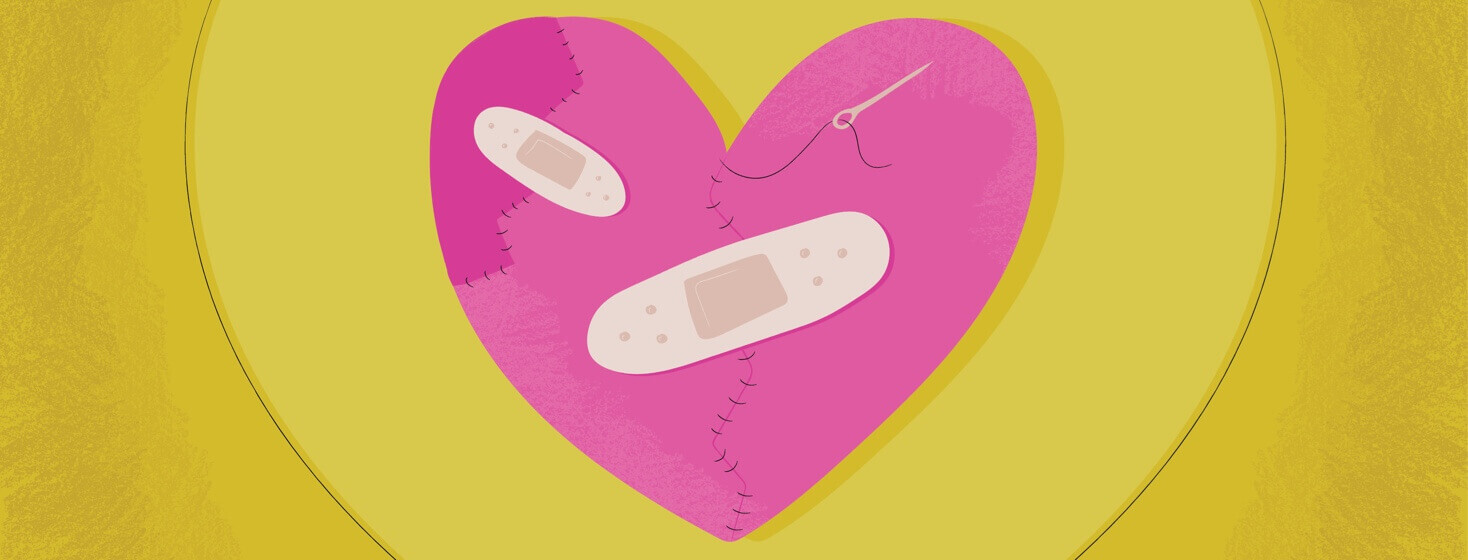Forgiveness and My Health
Research has shown that forgiveness and other forms of emotional and spiritual healing can be powerful. Many of us have experienced a loss or disappointment resulting in emotional upset and pain. Adding this emotional pain on top of the challenges we face with blood cancer can feel overwhelming.
Radical forgiveness suggests looking at whatever happened in a different light. It allows a release of the anger, blame, resentment and other negative feelings that can be detrimental to our health.1
My emotional wounds resurfaced during treatment
I experienced the physical effects of suppressed emotions at the time of my first chemotherapy treatment. My estranged son became engaged to be married immediately prior to my first treatment. The past pain and sadness resurfaced and resulted in a major emotional response. I am certain that my reopened emotional wounds impacted my response to chemotherapy resulting in an unexpected hospitalization. I added these negative emotions to my already weakened immune system. I found myself admitted to the hospital in order to rule out sepsis.
How negative emotions can impact health
Research has looked at the connection between the immune system, physical health and forgiveness. As people forgive, anxiety and mental health tend to improve, as well as an improvement in areas like the immune system and blood pressure2,3
Forgiveness therapy is now being encouraged as a strategy to promote health. Forgiveness is thought of as “letting go.” Rather than focus on the original hurt, one is encouraged to let go of the bitterness. Replace with feelings of understanding, and empathy. Forgiveness does not mean forgetting or excusing the original hurt. Instead, we are focusing on our emotional response. This can result in reduced stress and anxiety, reduced blood pressure and less depression.3
Being hurt by someone you love, as in my estranged son, is most painful and causes sadness. By dwelling on these feelings, I was consumed with negative emotions and bitterness. For me, forgiveness has allowed me to avoid the hurt and resentment. I am trying to not allow these negative feelings to crowd out the positive ones.
How do we forgive?
Forgiveness is not easy and not always possible. These are some ways that I've worked to achieve forgiveness.3
Realize the benefit of the forgiveness
I recognized that my emotions were affecting my ability to fight my cancer. While I was very hurt by my estranged son, I had to remember the wonderful relationship with my other son and family.
Identify what needs healing
In my situation, I had to realize that due to our estranged relationship, I would not be part of the planning or attending the wedding. It was painful, but I had to let go of the anger and hurt. I would not let these feelings affect my health and battle with cancer.
Find someone to confide in
Talk with an impartial friend, spiritual leader, or mental health professional. I found talking to a counselor provided support as I tried forgiveness
Regain your strength
Decide not to be a victim. Recognize the power that the anger and resentment have caused you.
Incorporating forgiveness into my life
I am now using forgiveness to heal my hurt. It will no longer define me. Forgiveness is a process and is not easy and requires effort. While I have prayed for reconciliation with my son, it has not happened. Forgiveness may not get the person to change their behavior. Forgiveness is about how you change your perception, not change the other person.
Having cancer is already a stressful experience. Forgiveness has brought me peace and wellbeing and has taken away any power to be hurt by the other person. Each of us needs to eliminate any negative emotions so that we can focus on healing. Forgiveness may be a successful strategy.

Join the conversation